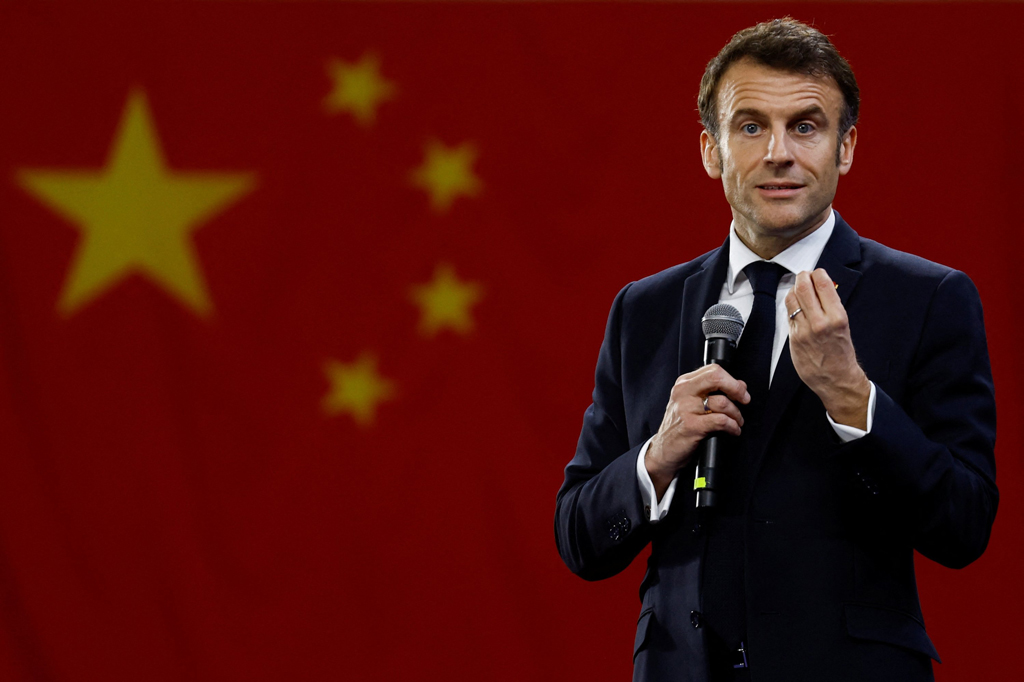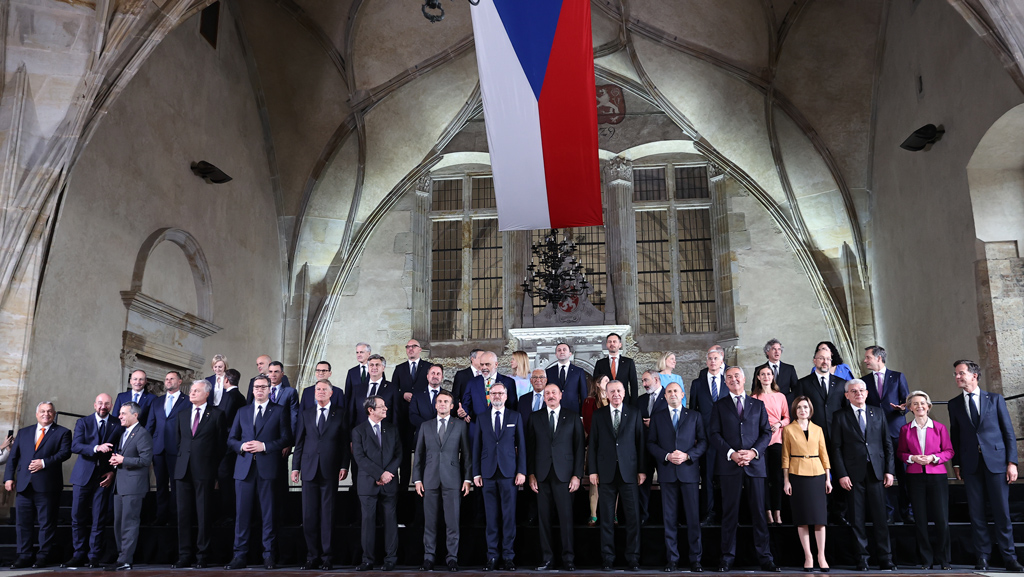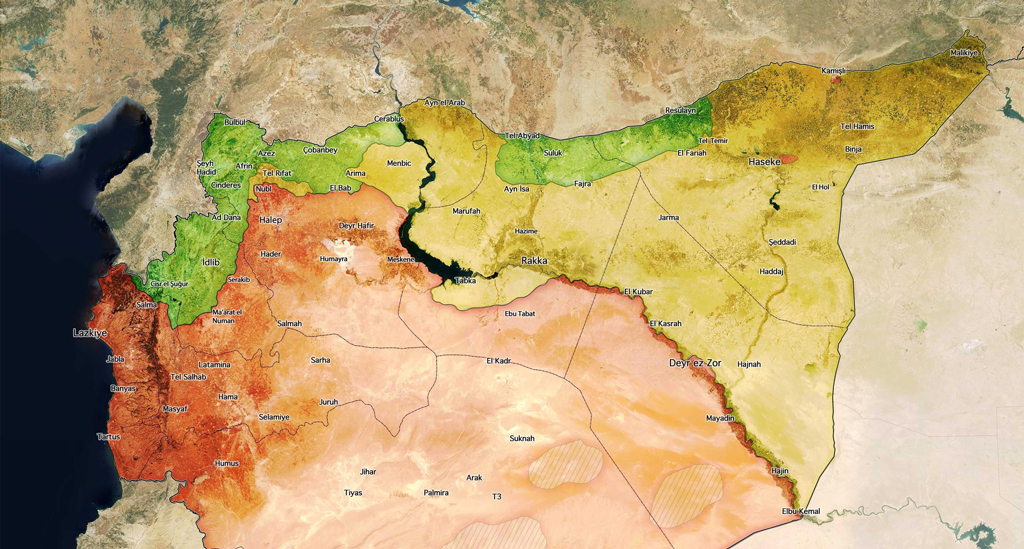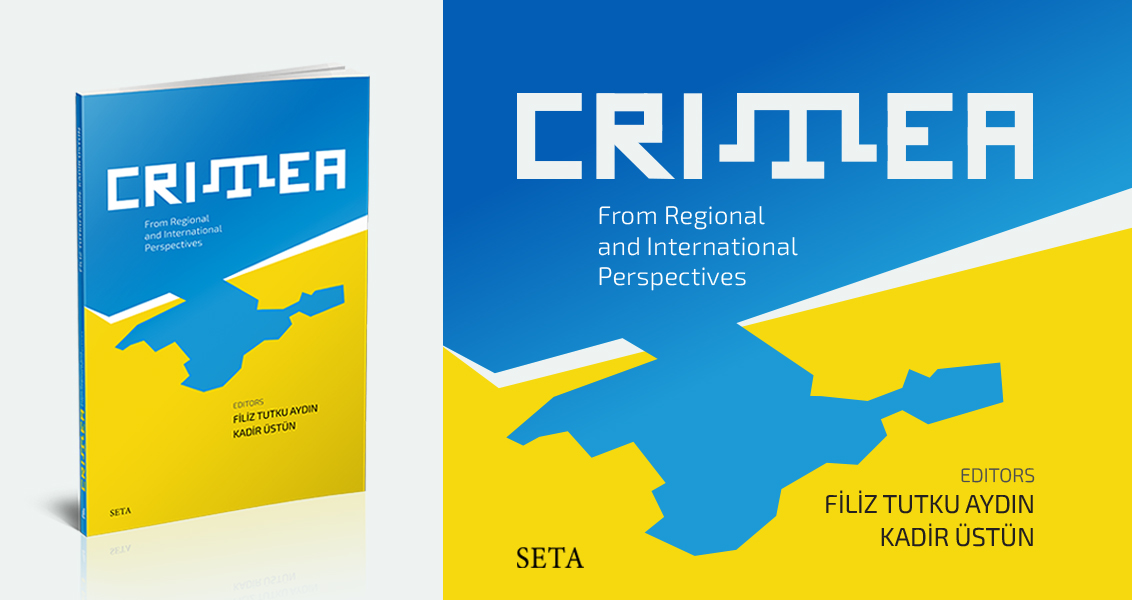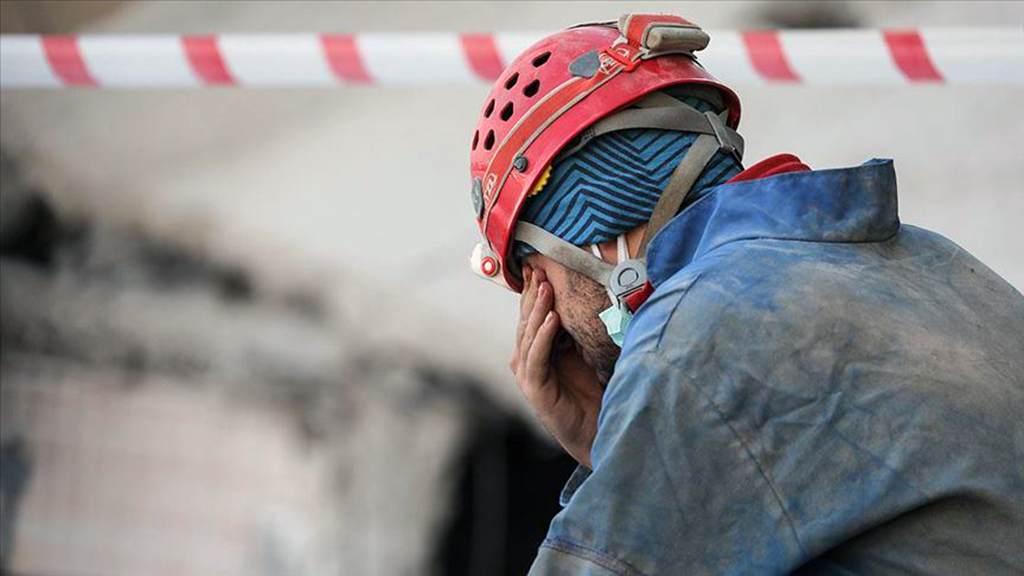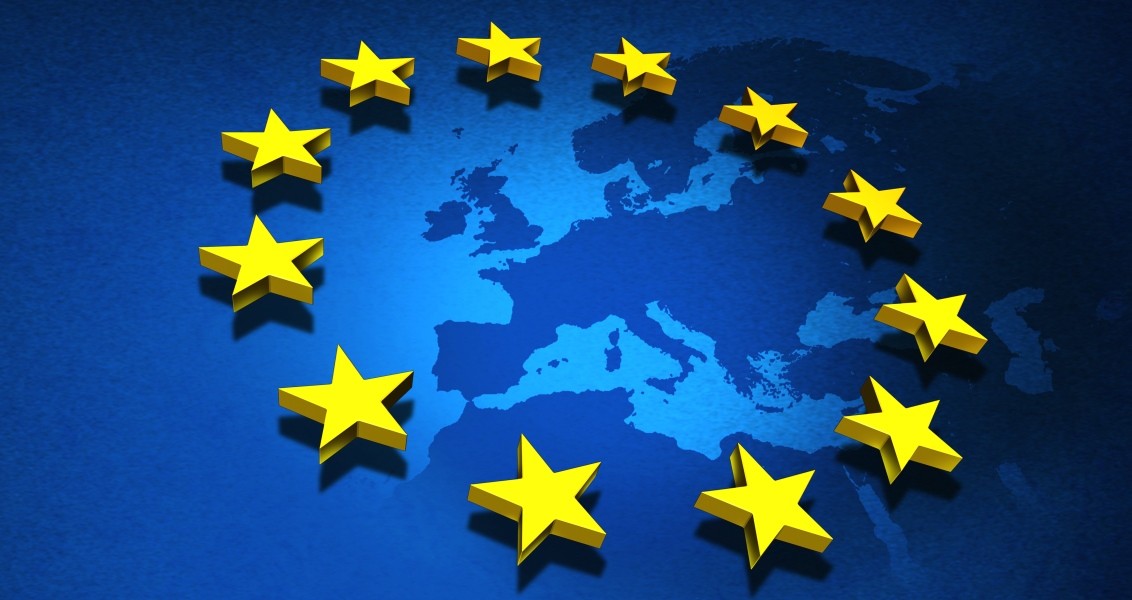
European Union or United Europe?
Today this dichotomy carries no meaning anymore on the current European political stage, neither for Europe's domestic politics nor in terms of its regard toward Turkey. Identity politics has prevailed over strategy in Europe
Share
In his inauguration speech, new German President Frank-Walter Steinmeier stated the following: "An admiration for authoritarian management has reached new heights in Europe. There is no need for alarms bells to go off. But we must not only speak about democracy, we must also re-learn how to fight for it. Democracy gets its strength from auto-criticism and personal development. Democracy needs the courage of both the led and the leaders. Mistaken developments and problems should be openly spoken about."
The speech by the new German president invited Europe to employ some common sense. At first glance, we see a political actor who trusts in the European project emphasizing the importance of democracy. Steinmeier evaluates the ultra-right, xenophobic and racist tendencies as, "an admiration for authoritarian management." And thus, "There is no need for alarm bells to go off." However, there is something he does not see. It is that these tendencies are not synthetic or conjectural, but that they are organic, bottom-up tendencies that are gaining in strength. Moreover, the type of "political correctness" represented by Steinmeier has begun to lose value in Europe. There is an additional factor. In the same speech, Steinmeier's considerations about Turkey were far from cool-headed and left wanting for composure. To the contrary, when the topic comes to Turkey, he uses extremely ideological and exclusionary language. He criticizes President Recep Tayyip Erdoğan and applies the new slogan that has been brought about by those who want to disrupt Turkey's terrorism challenge and says, "Free Deniz Yücel." Completely ignoring all the media activities that have been going on in Germany without stepping even a millimeter out of bounds set by the administration and wounding the Turkish people, Steinmeier gave the message "be respectful of the press" with his nose high in the air.
This is very clear. To form its own union and face threats directed toward it from the outside, Europe is otherizing "Turkey," "Turks," and "Islam" and it regards Erdoğan as the symbolic figure. Enmity toward Erdoğan has become an indispensable part of European politics today. And this situation does not bother liberal Europeans either. On the contrary, they also support this tendency coming from the alt-right that pulls even further to the right, which is gradually shifting the center of politics. As all of this is going on, European countries are unable to create realistic solutions to the economic and foreign policy problems awaiting them.
A decade ago, when we were evaluating the European Union, we would use the following analytical framework. In Europe's political area, there are those who adopt the idea of "strategy" and those who go with "history." For those in the first approach, the European Union was dependent on the common interests of European countries, a conjectural and strategic union. Those from the second camp thought that the main reason bringing Europe and thus the European Union together was a "common historical awareness" and "European identity." According to this analytical framework, those who wanted to add Turkey to the European Union fell into the "strategy" camp, while those who defended the thesis that it should remain outside were in the "history" camp. However, as of today, we see that this dichotomy carries no meaning anymore on the current European political stage, neither for Europe's domestic politics nor in terms of its regard toward Turkey. Identity politics has prevailed over strategy in Europe.
At this point, those who in the past said "strategy" and "history" both are now excluding Turkey. On Wednesday, a silhouette of Prince Eugene of Savoy and a poster with the slogan "Erdoğan, take back your Turks" were illegally hung on the Turkish Embassy in Vienna. This poster summarizes many things. Unfortunately, this is the new Europe. Even though Germany's new president is saying, "No need for alarm bells to go off," this is the situation.
[Daily Sabah, March 25, 2017]
Tags »
Related Articles
Experts Respond
Experts Respond: European Political Community | Opportunities and Limitations
October 2022



